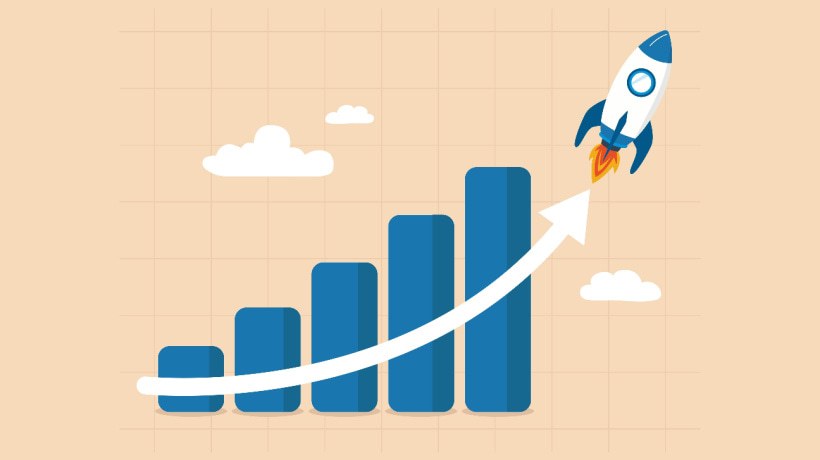
"Learning transformation is a strategic transformation away from legacy training methodologies, toward digital, data-driven, and constant learning ecosystems. It is not only the process of deploying eLearning courses but also redesigning employees' learning, collaboration, and application of knowledge at work. The transformation usually entails: Migrating existing training to contemporary learning platforms. Integrating adaptive and personalized learning paths. Using analytics to quantify the results of learning. Baking learning into workflows through microlearning and performance support tools."
"Companies that make eLearning transitions do so with clear objectives: Reducing training costs by lessening travel, instructor fees, and classroom administration. Quicker learning loops in order to get employees up to speed faster. Sensitizing the quality of training on global teams. Increasing engagement and retention through interactive, on-demand learning. Improving performance outcomes that align with KPIs such as sales growth, productivity, and compliance."
Learning transformation shifts organizations from legacy training toward continuous, digital, and data-driven learning ecosystems. It encompasses migrating courses to modern platforms, creating adaptive and personalized learning paths, using analytics to quantify results, and embedding microlearning and performance support into workflows. eLearning investments aim to cut travel and instructor costs, accelerate onboarding, standardize training quality across global teams, boost engagement and retention, and improve KPI-aligned outcomes such as sales growth, productivity, and compliance. Measuring ROI requires linking learning outcomes to business objectives and using data to demonstrate tangible operational impact and value.
Read at eLearning Industry
Unable to calculate read time
Collection
[
|
...
]